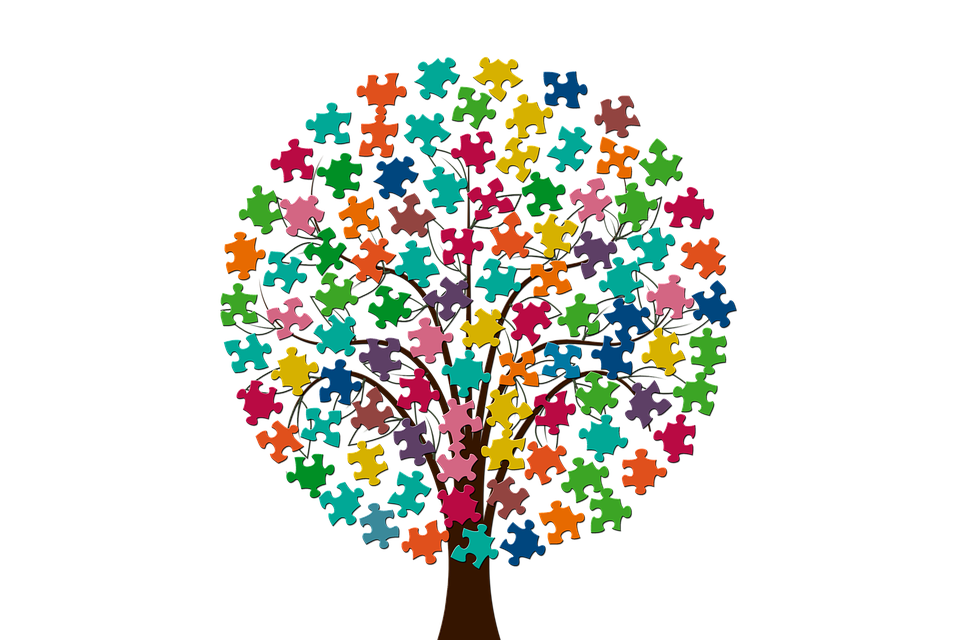The Impact of Autism
Autism is one of the fastest growing and most costly medical condition in the world. It is now estimated that as much as much as 1% of the worlds population has some form of Autism Spectrum Disorder. This number only seems likely to increase as in just ten years, from 2000 to 2010, the prevalence of ASD in children increased a dismaying 119.4% (CDC, 2014). In America that means nearly 4 million people live with ASD, and more all the time.
The fiscal impact of ASD is nearly as significant as the personal impact. It is estimated that Autism services cost U.S. Citizens upwards of $260 billion a year. The majority of costs being for adult services. Over the lifespan of someone with autism they can expect to spend around $2.4 million where as a person without any form of disability can expect to spend about $1.4 million on life expenses.
A large reason for this being that only about 16.8% of individuals with some form of disability participate in the labor force. In fact 35% of young adults (ages 19-23) with autism have not had a job or received postgraduate education after leaving high school, which severly impacts their lifetime earning potential.
The impact of adaptive skills training
There is good news however. With early diagnosis and intervention the cost of lifelong care can be reduced by as much as 2/3. That's a whopping average of over $600,000 in an individuals life.
What's more is with programs such as our Campus Support program we can assist our clients all the way up to the collage level and help them prepare to enter the workforce in a capable and empowered way.
Listed below, but not limited too, are common areas which our Aides address on a daily basis to better assist our consumers in a more adaptive and functional form of life.
- Functional Communication Skills (i.e., requesting items of desire/need).
- Social Interaction Skills (i.e., having the ability to take turns with peers).
- Community Integration Skills (i.e., looking for vehicals before crossing the street).
- Independent Living Skills (i.e., daily household chores).
- Self-Care Skills (i.e., ability to dress oneself).
- Fine/Gross Motor Skills (i.e., having the ability to properly grasp utensils).
- Self-Direction Skills (i.e., daily planning/organizational skills).
For more information on adult age and campus services click here.


